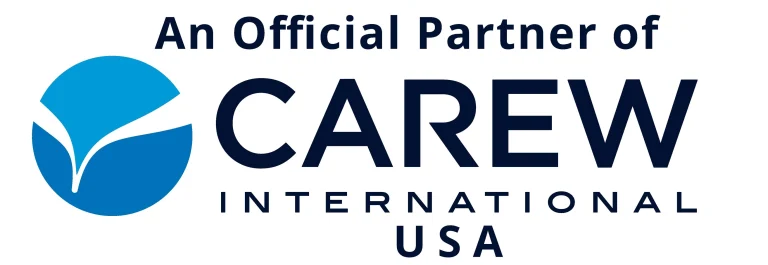Our communication skills are the single biggest factor in defining us as professionals. They project our intellect, judgement, commitment and respect, all of which define our overall “professionalism.” Read the common communication faux paus below, and consider whether any could be undermining your effectiveness:
Listening without intent. Whether in person or on the phone, the person talking to you deserves your undivided attention. Period. Multitasking when you are supposed to be listening is not only rude, but it also compromises your understanding and comprehension from the exchange. This includes glancing at your phone to see who is calling or texting you, even if you ultimately ignore it. Just by glancing at your device, you have broken your attention and accommodated the distraction. To facilitate your undivided attention, turn off your phone prior to the start of your meeting.
Talking without purpose. Be concise and precise with your words. Doing so will not only get your point across more clearly and with greater impact, but it will also prevent the kind of rambling that can be perceived as wasting your audience’s time and annoying. View your words as a commodity – to be used judiciously and for the greatest possible impact.
Asking pointed questions. Questions are not always neutral; in fact, they can be quite inflammatory at times. When you ask a question, be sure it is with the pure intent of gathering information, and not a veiled attempt to deliver criticism or drive home a point.
Using excessive (verbal) force. Sometimes less is more. Often, in the heat of persuasion or disagreement, we use stronger language than is necessary or productive. This can be done in an effort to ensure our point is made, “win” the argument or simply save time. In reality, overly strong or blunt verbiage will likely start a destructive and irreversible cycle in which there is no winner.
Did you recognize yourself in any of the above examples? Shedding just one or two bad communication habits can greatly improve your image and the quality of your professional relationships.




